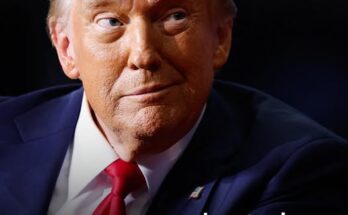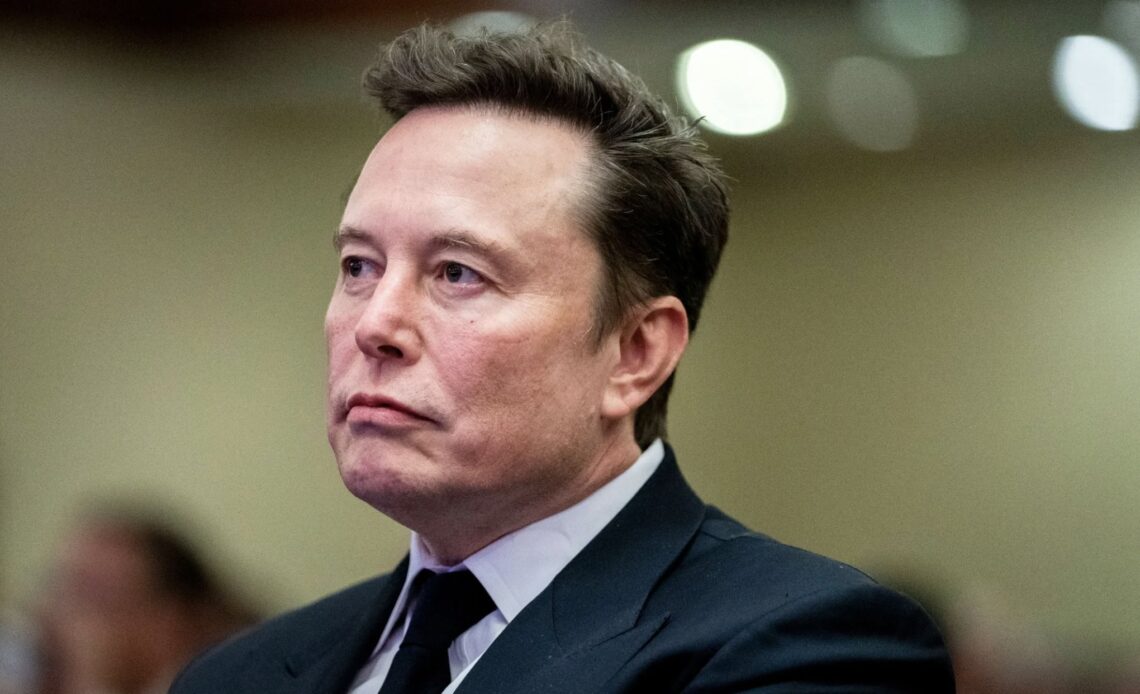
In an era defined by technological dominance and the rise of powerful private figures, the name Elon Musk has become almost synonymous with disruption and innovation. From electric vehicles and space travel to artificial intelligence and satellite communication, Musk’s fingerprints are all over some of the most transformative industries of our time. However, recent developments from Washington suggest that the tide may be turning. The White House is reportedly taking deliberate steps to rein in Musk’s influence—a move that signals a significant shift in the relationship between the federal government and one of its most high-profile entrepreneurs.
### A Growing Concern in Washington
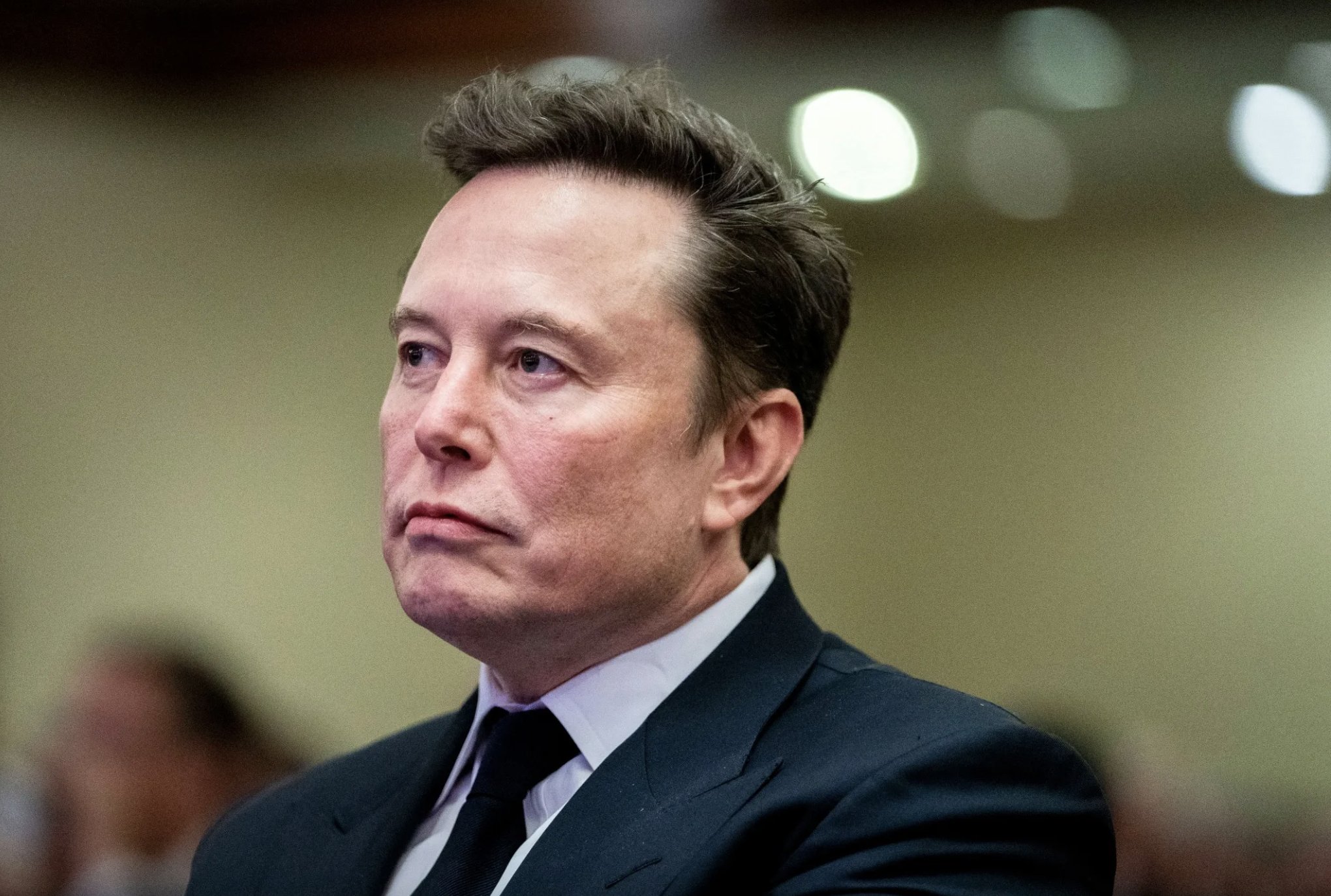
Over the past decade, Elon Musk has transformed from an ambitious tech visionary into a geopolitical figure whose influence stretches far beyond Silicon Valley. While many admire his ability to break barriers and defy convention, others in the U.S. government have grown wary of the sheer magnitude of his power—particularly when it comes to matters of national security, foreign relations, and public infrastructure.
The Biden administration has reportedly begun evaluating Musk’s involvement in sensitive sectors such as space exploration through SpaceX, defense communication via Starlink, and AI development through xAI and Tesla’s Dojo platform. Officials are said to be concerned not only about Musk’s technological reach but also about his unpredictable behavior, controversial statements, and increasing ties to foreign governments and investors.
### Starlink and the Issue of Control
One of the most critical areas under scrutiny is SpaceX’s **Starlink** satellite internet system. Initially hailed as a revolutionary tool to connect underserved areas and provide secure communication in war zones—such as in Ukraine—Starlink has also become a double-edged sword.
Last year, reports emerged that Ukrainian officials were frustrated with Musk’s limitations on Starlink use in military operations. Musk’s own admission that he refused certain requests for access during key operations raised alarm bells in Washington. A single private citizen exercising veto power over a critical battlefield technology has set a dangerous precedent, according to national security analysts.
As such, the Department of Defense is reportedly considering contingency plans to avoid an over-reliance on any one commercial provider. This may include funding alternative satellite systems and creating public-private partnerships that retain more direct federal control over critical services.
### SpaceX and Government Dependencies
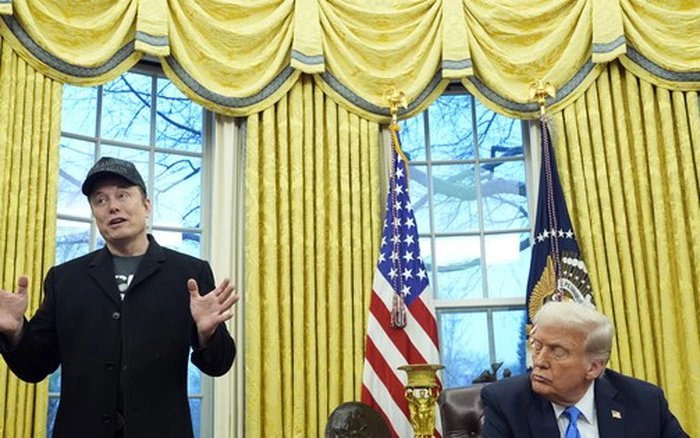
SpaceX remains one of NASA’s and the Pentagon’s most reliable contractors. With its Falcon 9 rocket, reusable boosters, and plans for Mars colonization, Musk’s aerospace company is undeniably ahead of its competitors. However, some insiders warn that this dominance comes at a cost.
By depending so heavily on one contractor, the U.S. government risks losing strategic leverage. If Musk were to ever withdraw his services, raise prices, or alter the terms of agreements—as he has done in other ventures—the consequences could be severe. To mitigate this risk, the White House is reportedly exploring diversification in aerospace contracts and encouraging the growth of alternative launch providers.
### AI Ambitions and Ethical Dilemmas
Beyond rockets and satellites, Musk has also positioned himself at the forefront of artificial intelligence through multiple companies. His recent launch of xAI, a rival to OpenAI, has drawn significant attention. With promises to create “truth-seeking” models that challenge mainstream narratives, Musk’s rhetoric around AI is often laced with ideological undertones that raise ethical and political questions.
The White House, which has already issued executive orders on AI safety and ethical development, is closely monitoring Musk’s ventures. There is growing concern that powerful AI tools, if controlled by a single individual with no regulatory oversight, could influence everything from financial markets to public discourse and electoral politics.
As a result, bipartisan efforts are underway in Congress to establish new guardrails for AI development—efforts that will likely include direct implications for Musk’s companies.
### The Twitter (X) Factor
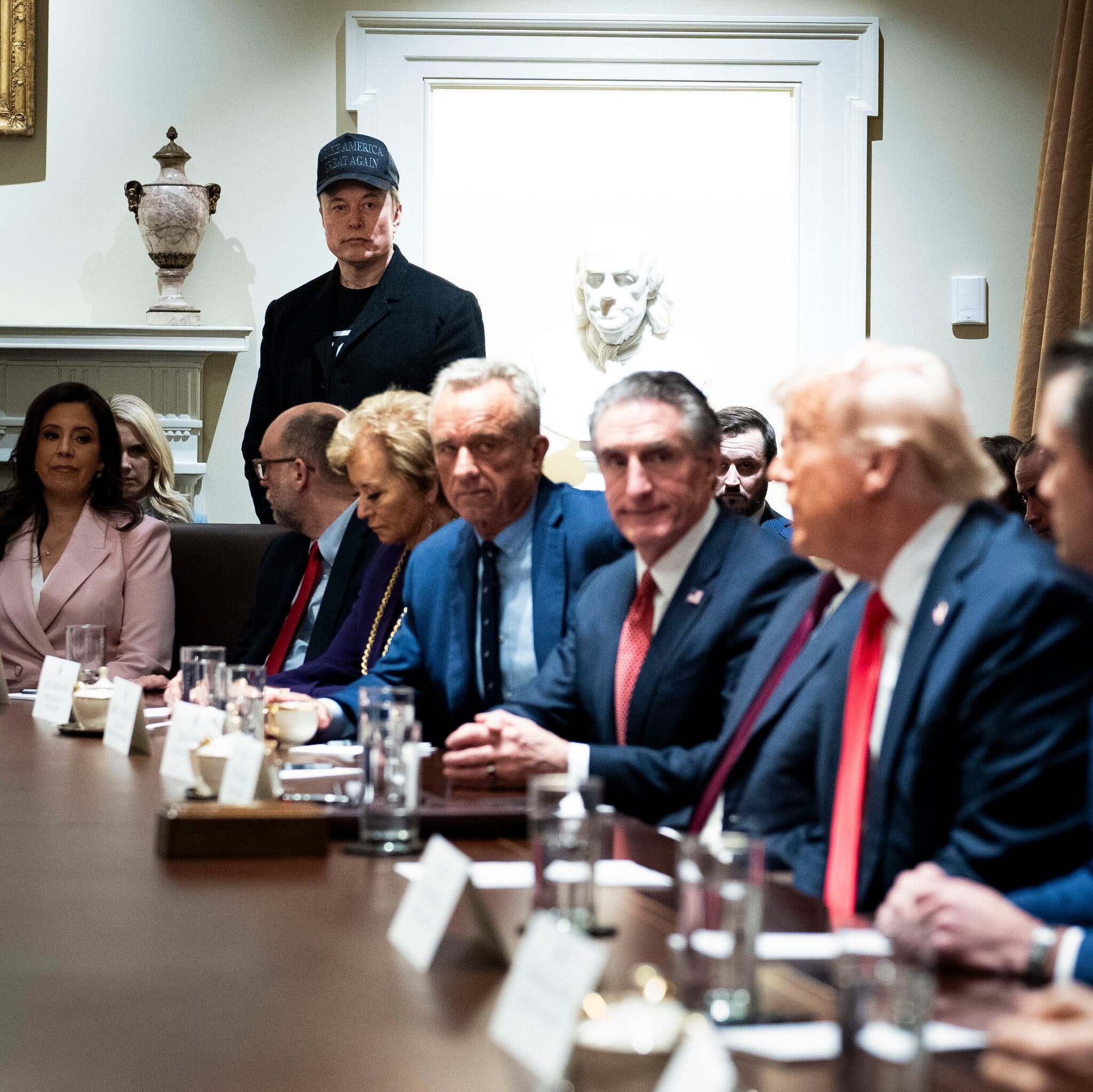
Perhaps one of the most visible displays of Musk’s unfiltered influence has been his acquisition and rebranding of Twitter into **X**. Since taking over the platform, Musk has instituted sweeping changes, cut staff, loosened content moderation policies, and promoted “free speech absolutism.” These moves have been both praised and criticized, depending on one’s political orientation.
However, federal agencies are increasingly worried about the role X may play in upcoming elections, misinformation campaigns, and geopolitical propaganda. Intelligence officials have quietly expressed concerns that Musk’s control of a major communications platform, combined with his growing ties to foreign actors, presents a unique national security challenge.
The White House has reportedly engaged in backchannel communications with tech leaders and former Twitter executives to discuss contingency plans for managing disinformation and securing online platforms against malicious interference.
### Foreign Ties Under the Microscope
Another major factor behind the White House’s recalibration is Musk’s expanding web of foreign partnerships. Tesla’s heavy dependence on the Chinese market, including its massive Gigafactory in Shanghai, has long been a point of contention. More recently, Starlink has entered conversations with governments in the Middle East, Latin America, and Asia—often with little to no transparency.
While international business is a given in the globalized tech industry, Musk’s personal involvement in negotiations, combined with his growing political commentary on global affairs, has made him an unpredictable actor on the world stage. Federal agencies are now conducting risk assessments to determine how Musk’s international dealings could intersect with U.S. strategic interests—and where potential conflicts may arise.
### Shifting the Balance of Power
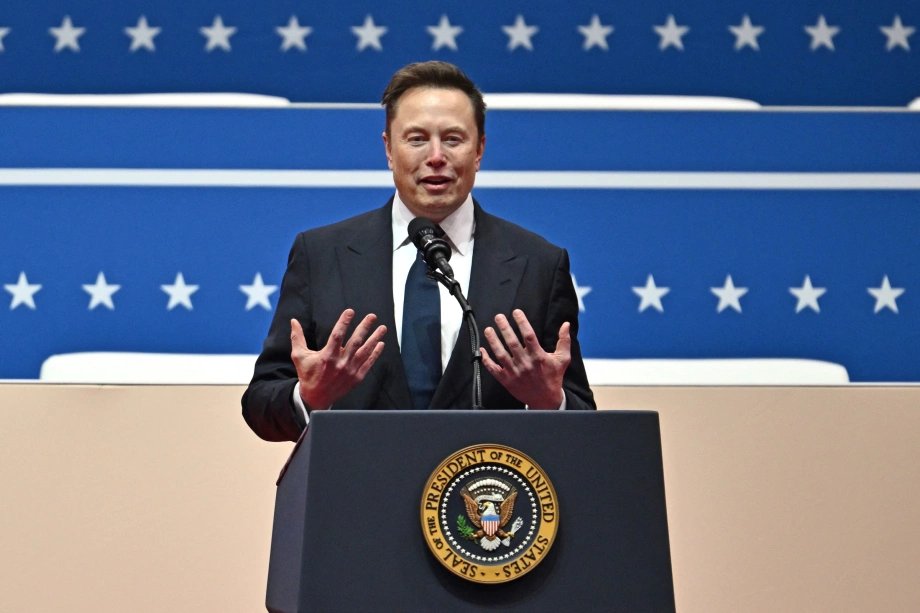
To address these multifaceted concerns, the White House is not seeking to dismantle Musk’s empire—but rather to **rebalance the power dynamic**. This includes:
– **Expanding oversight:** Through legislation and regulatory agencies, the administration is pushing for stricter oversight of companies like SpaceX, Tesla, and xAI, especially in areas impacting national security and public welfare.
– **Encouraging competition:** New government funding is being directed toward alternative startups and contractors to reduce monopolistic dependencies.
– **Creating transparency:** Agencies like the SEC and FTC are being encouraged to investigate opaque dealings and ensure accountability, particularly in Musk’s private communications and financial operations.
– **Strategic detachment:** Military and civilian agencies are exploring backup systems to ensure operational continuity even if Musk’s platforms become unavailable.
### Musk Responds: A Fight for Independence
As expected, Musk has not remained silent. He has repeatedly criticized government interference as an assault on innovation and free enterprise. On X, he’s posted about “bureaucratic overreach,” warned of stifling regulation, and painted himself as a champion of individual liberty against centralized control.
In public forums and interviews, Musk has positioned the government’s actions as part of a larger pattern of hostility toward disruptive innovators. His loyal followers have rallied behind him, viewing the White House’s moves as politically motivated or influenced by legacy industry lobbyists.
Still, the debate over where private power ends and public responsibility begins is gaining momentum—and Musk is at the center of it.
### The Broader Implications
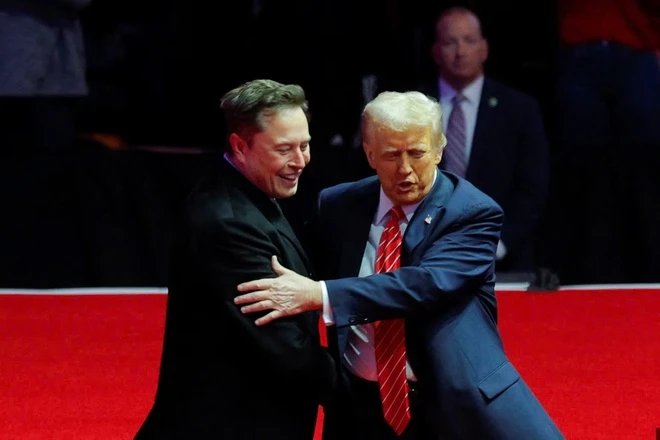
What’s unfolding is not just a story about one man, but a reflection of the broader tension between democracy and tech oligarchy. The U.S. government, long a supporter of entrepreneurial risk-taking, is now grappling with the consequences of allowing unregulated titans to shape infrastructure, information, and global influence.
The Musk saga is emblematic of a future where **individuals**—rather than governments—may hold the keys to space, speech, and surveillance. Whether this is a triumph of human potential or a threat to collective governance is now a matter of fierce debate.
### Conclusion: The Road Ahead
The White House’s effort to limit Elon Musk’s power marks a pivotal moment in the relationship between the state and Silicon Valley. It’s a recalibration—not necessarily of hostility, but of boundaries. As technology continues to evolve, so too must the mechanisms that ensure it serves the public good.
For Musk, the road ahead will likely include more oversight, more regulation, and more confrontation. But for the American people—and indeed the global community—these moves may represent the first steps toward ensuring that no single individual, no matter how brilliant or visionary, can operate above accountability.


